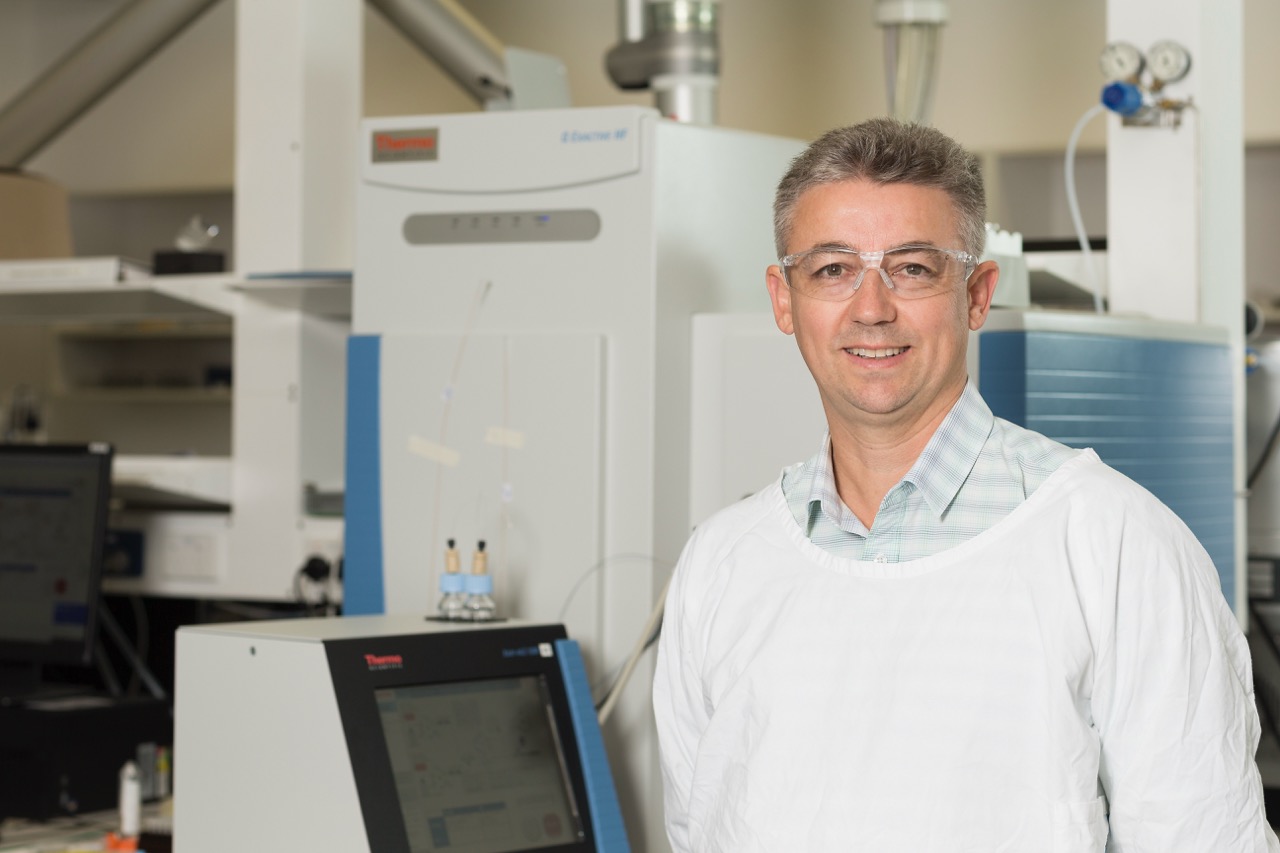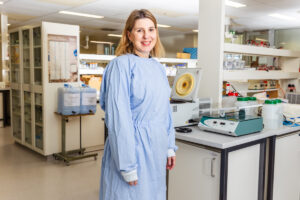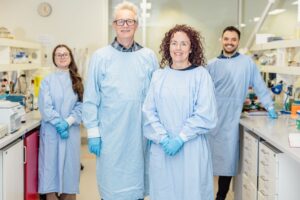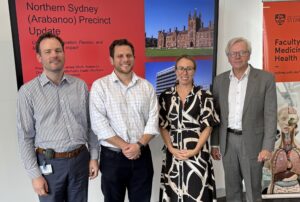Bowel cancer, also known as colorectal cancer, is the second most common cancer in Australian men and women. It affects 1 in 13 people. It is also Australia’s second deadliest cancer, with over 5,000 people dying each year. Early detection through screening can improve survival rates, however further research is needed to help find cures and prevent the disease.
The Bowel Cancer and Biomarker Laboratory at the Kolling Institute uses advanced technologies to study the genes and proteins responsible for bowel cancers growing and spreading. Our aim is to use a patient’s own molecular information to understand the risk of bowel cancer developing and to guide treatment options. As part of our research, we are studying how to control bowel polyp growth, which are precursors to cancer. We are doing this through diet and chemotherapy drugs.















